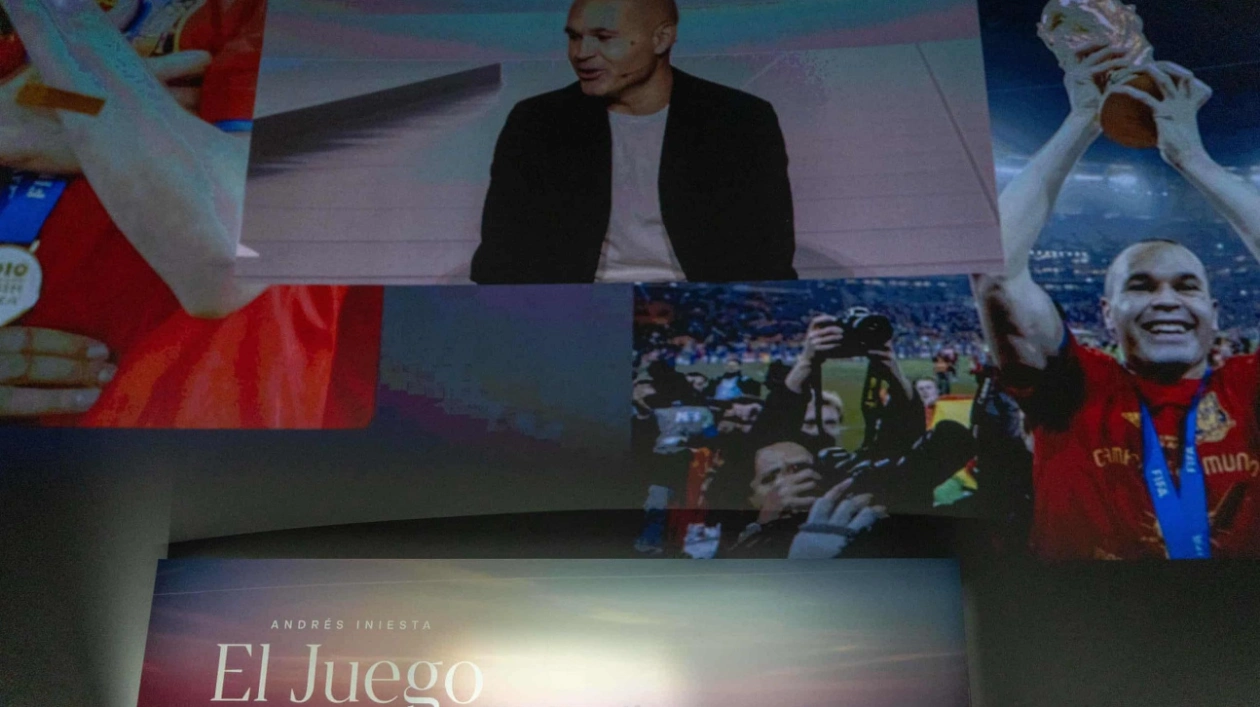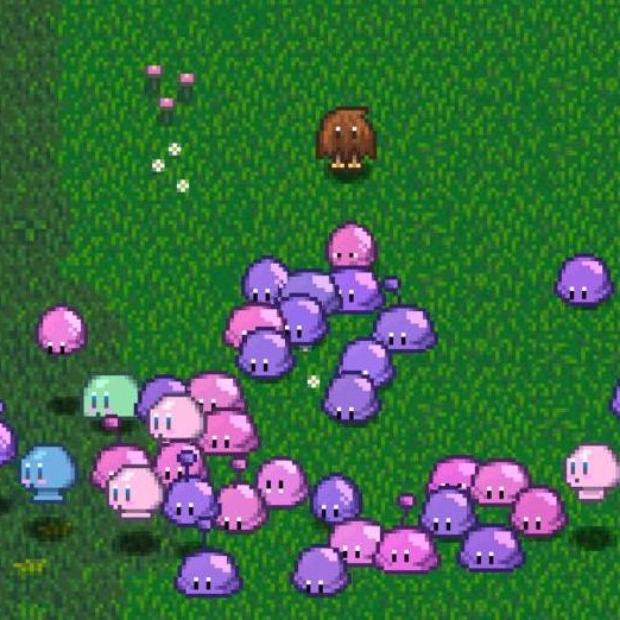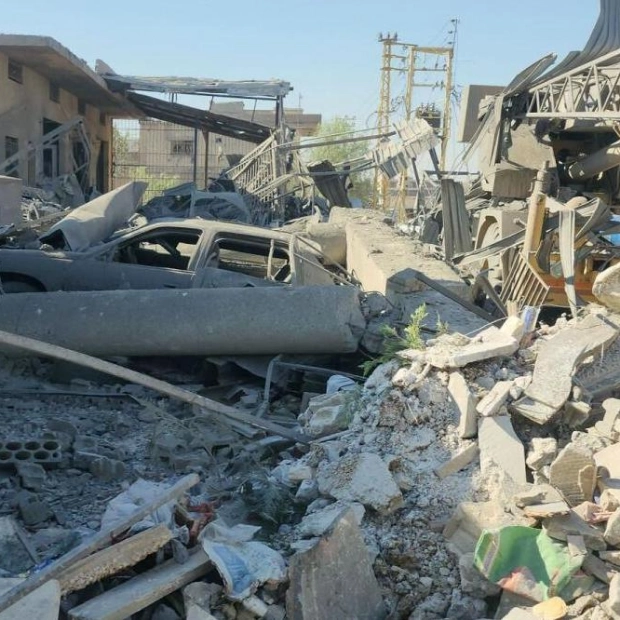“It has been like a story that starts on the playground in Fuentealbilla,” Andrés Iniesta said, marking the end of his illustrious career. In the auditorium in Barcelona’s old port, where he announced his retirement, there was a mix of applause, tears, and a humble request. Iniesta asked if his family could join him on stage, shielding his eyes from the spotlight. The screen above displayed a picture of him as a young boy, about four years old, in a red jumper and blue dungarees, with a football at his feet.
For that young boy, one night in Belgium would have been enough, but Iniesta went on to play 1,015 more matches over 22 years. These were the best nights of his life and many others’, giving them profound meaning. He began his professional career at 18, with a 1-0 win in Bruges in 2002, and ended it at 40, with a 3-2 loss in Sharjah in 2024. Iniesta had stepped back from the elite level six years prior, wanting to leave at the right time, ensuring people remembered him fondly.
His last match in the 2018 Copa del Rey final was a perfect farewell, walking barefoot across the Camp Nou pitch with the lights out. “I would have liked to have retired there but at Barcelona you need to give 300% and that wasn’t possible,” he said. Instead, he moved to Kobe, Japan, and the UAE, and now he confirms he will not play again, anywhere.
“I never thought I would see this day,” Iniesta said at the farewell event, attended by 500 people. His voice cracked, but it was time to let go. He plans to return as a coach at Camp Nou, though not immediately. “The experience on the grass is over but I can’t be far from football, which will continue to be my life,” he said. “I’m building my day after, step by step. I need to learn, make mistakes, and I’m starting my coaching course.”
Iniesta’s journey began when his family drove from Fuentealbilla to Barcelona in an old blue Ford Orion. At La Masia, the farmhouse and youth team residency, he was a tiny, delicate, and sensitive kid. His parents struggled with the decision to leave him there, but his mother insisted he be given a chance. One day, he was called to train with the first team, trembling with excitement. Luis Enrique was there, giving the assist for his first goal and coaching him to achieve great things.
Pep Guardiola, who had seen Iniesta play before, told his teammates, “Remember this day, the day you first played with Andrés.” Iniesta’s support for Guardiola during tough times was crucial, leading to a 6-0 win in Gijón and a treble-winning season. Guardiola famously told Xavi, “You’re going to retire me. This lad is going to retire us all.” Now, Iniesta has retired himself, a quarter of a century later.
Between his first and last games, Iniesta played 885 club matches and 131 for Spain. Two moments stood out: Stamford Bridge, where he sparked a baby boom, and Johannesburg, where he won Spain the 2010 World Cup. Iniesta was universally admired and embraced, a genuine everyman who suffered personal struggles, including a dark period before the World Cup.
Spain held on to Iniesta as something good, and his retirement felt like the end of an era. His career was not just a collection of hits but a piece of music, soaring and gliding. “There have been many moments but what I most feel is the affection and the love from people,” Iniesta said. “The pride I talk about isn’t because of the trophies, it is because I fulfilled my dream and made lots of people happy.”






